#literary journey
Text
literary journey.

"He who loves, sows. He who listens to his heart, reaps."
— Juan Francisco Palencia.
#attempt at poetic action.#juan francisco palencia#writers on tumblr#spilled ink#quotable quotes#literary journey#writing#reflexions of my life#feelings#love quote of the day#love poem#imagines#words from the bottom of the heart#impressions#life philosophy#latin soul#from mexico to the universe#summer 2023#poets on tumblr#love & literature#new poets society
624 notes
·
View notes
Text
🧟♂️ Progress on Punks Vs. Zombies & Rewriting Chapters | Jon's Author Diary - March 1, 2024 📚✨
📝 “Punks Versus Zombies” Update:
Exciting news for followers of the series – I’ve reached episode 25 of “Punks Versus Zombies!” Writing this far has been a thrilling experience, and I’m looking forward to bringing more of this story to life.
✍️ Redrafting “The Wolf and the Wyvern”:
This week also saw significant progress on “The Wolf and the Wyvern,” with two chapters undergoing a redraft.…

View On WordPress
#author diary#author updates#book series#chapter redrafting#Creative writing#engaging readers#episode writing#fantasy series#fiction writing#Japanese folklore#literary journey#narrative development#novel progress#publishing satire#Punks Versus Zombies#reading insights#The Book of Yokai#The Wolf and the Wyvern#Yellowface by Rebecca Kuang
0 notes
Text
Dancing with Words: A Symphony of Writing Forms
Dancing with Words: A Symphony of Writing Forms
In the realm of language, writing forms are the vibrant strokes that paint the canvas of expression, allowing writers to create worlds, weave tales, and evoke emotions. Each writing form is a unique dance, offering storytellers a diverse array of steps to choreograph their literary masterpieces. Let’s embark on a whimsical journey through the…

View On WordPress
#creative writing#English#english-learning#fairy tale#imagination#inglés#languages#learn-english#learning#literary expression#literary genres#literary journey#mystery#novels#poetry#short story#story telling#suspense#writerscraft#Writing Forms
0 notes
Text
That Gothic Beauty of Carmilla
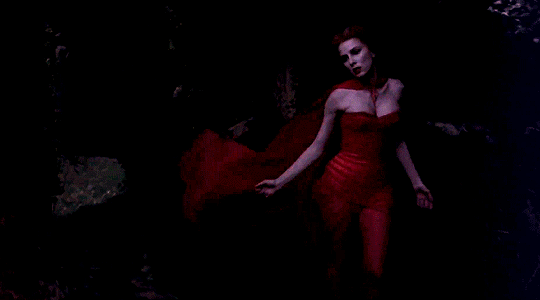
You seriously cannot get me to stop talking about Carmilla, a literary gem that predates Dracula and weaves a tapestry of love, mystery, and forbidden desires.
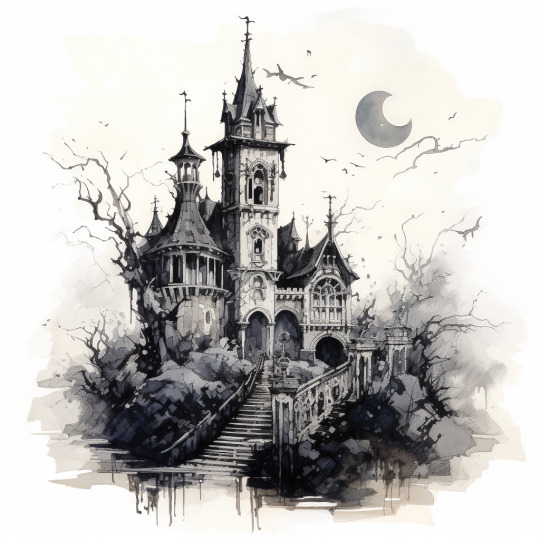
"Carmilla," though penned by Joseph Sheridan Le Fanu in 1872, transcends time, inviting readers to wander through the corridors of Styria and witness the captivating dance of Laura and the alluring Carmilla. The prose, like a whispered spell, draws you into a world where reality and fantasy intertwine.

What sets Carmilla apart is its courage to explore same-sex desire in an era where such themes were shrouded in societal shadows. Le Fanu's narrative unfolds as a testament to love's resilience, defying norms and echoing a timeless truth: love knows no bounds.
#carmilla#gothic literature#forbidden romance#book recommendations#literary journey#inclusivity#lyrical
0 notes
Text
Day 14/100 of Translating the Hyakunin Isshu | Verse of Longing: Minamoto no Tōru’s Poetic Legacy
Twitter
Patreon
GitHub
LinkedIn
YouTube
📚 Day 14 of the Hyakunin Isshu translation challenge is here! We’re exploring the profound verses of Minamoto no Tōru, a poet and statesman from Japan’s storied past. As we delve into the world of classical Japanese poetry, we invite you to journey with us and catch up on the past 13 days of this literary adventure. Let’s celebrate the beauty of…

View On WordPress
#Classical Japanese verse#Classical literature#Classical verses#Cultural Exploration#Cultural significance#Historical poets#Hyakunin Isshu#Japanese classics#japanese culture#Japanese heritage#japanese history#Japanese literary history#japanese poetry#Language and Culture#Language enthusiasts#Literary gems#Literary Journey#Literary tradition#literary translation#Literature appreciation#Minamoto no Tōru#Poet and statesman#Poetic expressions#Poetry challenge#poetry collection#Poetry lovers#reading challenge#Traditional art#Translation project#Verses of Japan
0 notes
Text
7 Affordable Books That Will Change Your Life: A Literary Journey to Personal Transformation
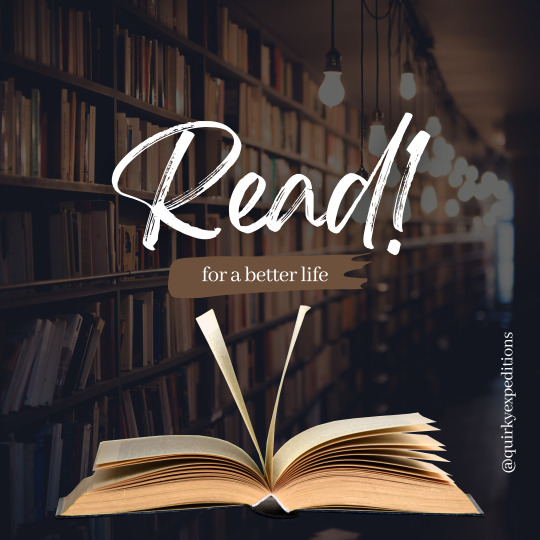
Books have the incredible power to transform our lives, expand our perspectives, and inspire us to reach new heights. In this blog post, we invite you on a captivating literary journey as we explore seven life-changing books that have the potential to revolutionize your thinking, ignite your passion, and empower you to create a fulfilling life. Each book on this list holds the key to unlocking new insights, fostering personal growth, and embarking on a transformative path. Get ready to embark on an enlightening reading adventure that will leave an indelible mark on your soul. Immerse yourself in these transformative literary works, allowing them to challenge your perspectives, inspire personal growth, and shape your journey toward a more meaningful existence. As you embark on this reading adventure, remember that true change happens when we apply the wisdom we acquire to our lives, making conscious choices and embracing new possibilities.
Happy reading and may these books inspire you to create a life filled with purpose, fulfillment, and endless possibilities:
"The Alchemist" by Paulo Coelho: This enchanting tale follows the journey of a young shepherd boy named Santiago as he embarks on a quest to discover his personal legend. Through captivating storytelling, Coelho's masterpiece imparts profound wisdom about following our dreams, embracing the unknown, and finding our true purpose in life.
"Man's Search for Meaning" by Viktor E. Frankl: Written by renowned psychiatrist Viktor Frankl, this seminal work explores the author's experiences as a Holocaust survivor and delves into the concept of finding meaning in life. It offers a poignant perspective on human resilience, the pursuit of purpose, and the power of optimism even in the face of unimaginable adversity.
"The Power of Now" by Eckhart Tolle: In this transformative guide, Tolle presents readers with a profound invitation to live in the present moment. Through insightful teachings and practical exercises, he helps us break free from the shackles of past regrets and future anxieties, guiding us toward a state of inner peace, mindfulness, and spiritual awakening.
"The 7 Habits of Highly Effective People" by Stephen R. Covey: Covey's influential book outlines seven principles that can empower individuals to become more effective in their personal and professional lives. By focusing on foundational habits such as proactivity, prioritization, and collaboration, readers gain valuable tools to enhance their productivity, build strong relationships, and achieve lasting success.
"Big Magic: Creative Living Beyond Fear" by Elizabeth Gilbert: Gilbert, the bestselling author of "Eat Pray Love," explores the realms of creativity, fear, and the pursuit of a fulfilling creative life in "Big Magic." Through personal anecdotes and insightful wisdom, she encourages readers to embrace their innate creativity, overcome self-doubt, and live a life driven by curiosity, passion, and joy.
"The Four Agreements" by Don Miguel Ruiz: Drawing from ancient Toltec wisdom, Ruiz outlines four powerful agreements that can transform our lives and relationships. By adopting principles such as impeccable words, not taking things personally, and always doing your best, readers are guided toward personal freedom, self-mastery, and authentic happiness.
"Sapiens: A Brief History of Humankind" by Yuval Noah Harari: In this thought-provoking exploration of human history, Harari takes readers on a fascinating journey from the emergence of Homo sapiens to the present day. Through meticulous research and captivating storytelling, he challenges our preconceived notions about humanity, offering profound insights into the past, present, and future of our species.
These seven life-changing books have the potential to ignite a transformative spark within you, leading you toward personal growth, self-discovery, and a more fulfilling life. As you embark on this literary journey, remember to approach each book with an open mind, embrace the wisdom they offer, and allow their profound teachings to permeate your being.
Check out our website - QuirkyExpeditions.com
#life changing books#best seller books#new york times best sellers#the alchemist#man's search for meaning#the power of now#The 7 Habits of Highly Effective People#Big Magic: Creative Living Beyond Fear#The Four Agreements" by Don Miguel Ruiz#Sapiens: A Brief History of Humankind#viktor e. frankl#stephen r. covey#eckhart tolle#paulo coelho#elizabeth gilbert#don miguel ruiz#yuval noah harari#seven life-changing books#literary journey#open mind#wisdom#mindfulness#motivation#spirituality#mindset#mind#passion#desire#profound teachings#journey
0 notes
Text
emma is the villain of tgwdlm
I need to talk about this oh my god
because it's told from the hive's perspective. paul is the protagonist because he is the one who resists them but must ultimately come to accept that they're right. emma is the one who must be beaten through force.
the difference between the hero and the villain is that the hero must change, while the villain cannot. (I'm not speaking in universals here, just generalizations of how the narrative structures work that tgwdlm uses in parody.) the hero and the villain both hold a belief that represents the thematic evil; by the end of the story, the hero must undergo apotheosis, which is to say, ultimate unity with the thematic good. once this is achieved, he can defeat the villain, who represents the thematic evil completely and is incapable of change.
to the hive, "good" is unquestioning conformity to the group's ideals, specifically, singing and dancing in sync with everybody else. "evil" is refusing to sing and dance along when, clearly, you want to.
paul is the perfect protagonist because he resists song and dance, but largely because it makes him uncomfortable. getting out of your comfort zone is necessary for change! it's a good thing to let yourself go through something uncomfortable in order to come out the other side better and stronger for it. (that much is true; however, sometimes discomfort is a legitimate sign that you should stay away from something.) paul has never really tried singing or dancing, and deep down, is afraid that if he tried it, he might like it. exactly the sort of person who can be converted and used as a shining example of the hive's righteousness.
emma must be the villain because her refusal to fall in line is a choice. she can sing, she can dance, she was in brigadoon in high school and she fuckin killed it, she is even taught a whole ass song with choreography by the hive on their first morning in hatchetfield (emma's comment about how they have to sing "all the time, apparently!" and zoey's implied presence at the theater when the meteor hit - because she was with sam, and sam was there - strongly suggests that nora and zoey were zombified all morning and she had no idea). it's stated by hidgens and suggested by nora and zoey that getting a human to sing/dance along with them is supposed to be a sort of mesmerizing tactic that the hive uses to start synchronizing a person to the hive mind, but emma refuses. she sings and she dances, just like they want, but she chooses to actively hate it the whole time, on principle. she can't be convinced; they have to swarm her, surround her on all sides. let it out is meant to win paul to their side; inevitable is just to gloat.
in the bar scene in hidgens' bunker, emma says that she must be the villain to paul's hero because she was in the musical that got him to hate musicals. on the one hand, she had it backwards; she's the villain because according to the hive, the all-encompassing narrative power, he's not supposed to hate musicals. on the other hand, she's kind of right: paul is the protagonist because he is the guy who didn't like musicals, while emma is the villain because she has the capacity to like musicals as well as experience in them, but has chosen to reject them.
who is the hero and who is the villain all depends on who is telling the story. and the hive is telling this story. don't forget that.
#starkid#team starkid#the guy who didn't like musicals#tgwdlm#media analysis#literary analysis#hero's journey#tgwdlm emma#tgwdlm paul#emma perkins#paul matthews#lauren lopez#jon matteson#nick lang#matt lang#jeff blim
300 notes
·
View notes
Text
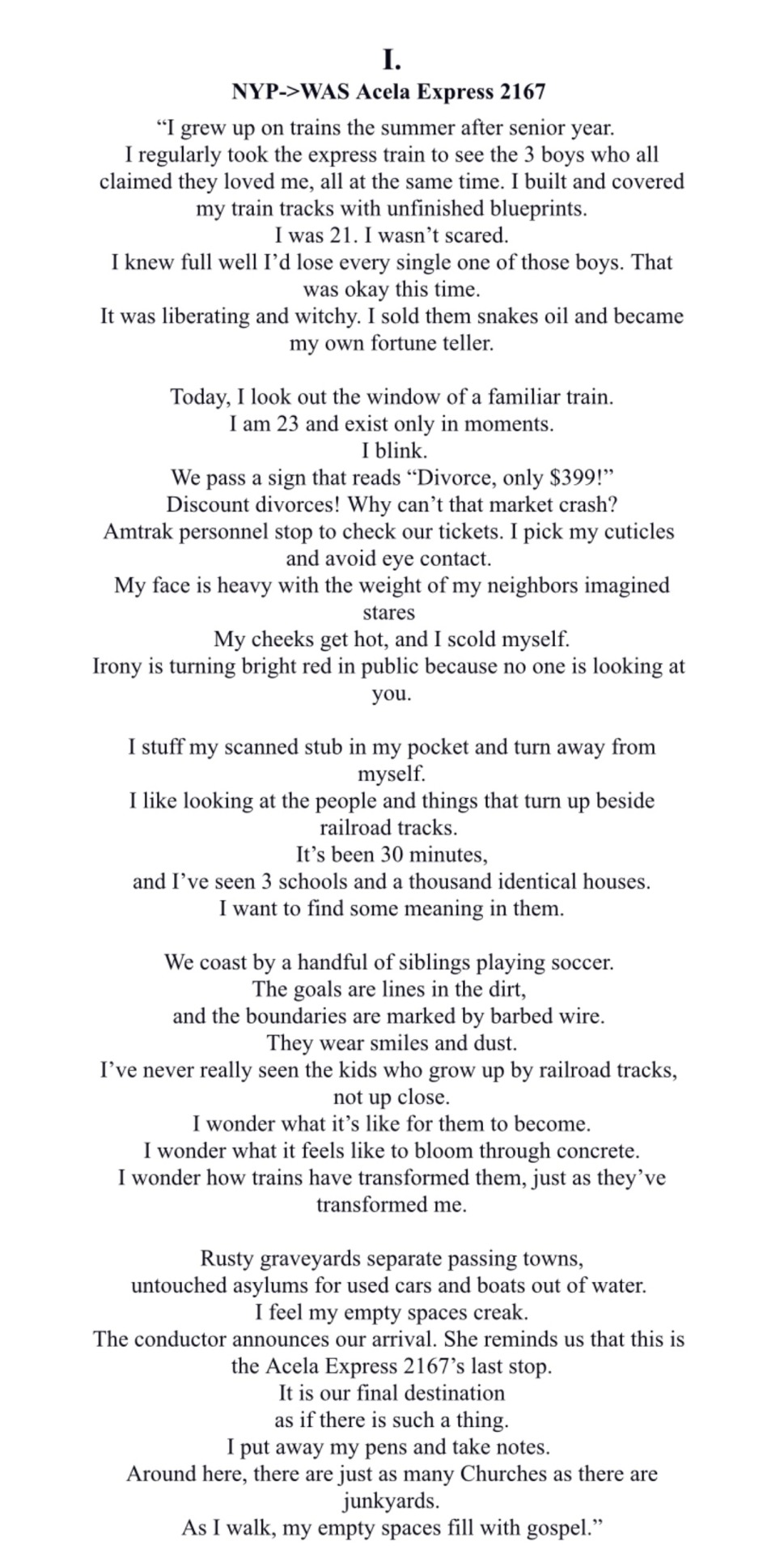
I love re-reading my old poetry, it's a taste of my youth, and I love over indulging. Here are my 23 year old thoughts from the window seat on the Acela Express, Washington to New York City.
#quote#beautiful words#poetry#spilled thoughts#spilled ink#writing submission#literary quotes#human condition#memory#nostaligiacore#nostalgia#train journey#growing up
261 notes
·
View notes
Text
the true horror of Sun Wukong at the beginning of the journey was his complete lack of empathy. He could kill hundreds in the blink of an eye and not feel a thing for them. That’s why he needed the golden fillet, To make him feel what his victims felt.
And yet it didn’t work. Sun Wukong kept killing until he had to fight his biggest enemy, himself
The Six Eared Macaque represented his hostility, his lack of empathy, his malice. He was the part of Sun Wukong that wanted to get revenge on his master for banishing him from the journey, the part that thought he did nothing wrong and didn’t deserve punishment.
When he looked at the Six eared Macaque he realized that he didn’t want to be that person . so when he killed macaque he killed that part of himself and he went back on the journey, this time much more willing to change.
#jttw#chinese mythology#sun wukong#six eared macaque#jttw analysis#literary analysis#Sun Wukong angst#journey to the west#Lmk
231 notes
·
View notes
Text
Life will break you. Nobody can protect you from that, and living alone won't either, for solitude will also break you with its yearning. You have to love. You have to feel. It is the reason you are here on earth. You are here to risk your heart. You are here to be swallowed up. And when it happens that you are broken, or betrayed, or left, or hurt, or death brushes near, let yourself sit by an apple tree and listen to the apples falling all around you in heaps, wasting their sweetness. Tell yourself that you tasted as many as you could.
-LOUISE ERDRICH, The Painted Drum
#my post#witchblr#witch blog#witchy#witches#witchcraft#witchcore#witch community#pagan witch#green witch#quotes#literary quotes#literature#dark academia#spilled ink#spilled words#literary quotations#spiritual healing#spirituality#spiritualgrowth#spiritual journey
37 notes
·
View notes
Text
One of the things I adore about Bungo Stray dogs is how it challenges our ideas about what a “main character” is. Atsushi is undeniably the protagonist, the story begins when his hero’s journey begins and follows it. It somehow manages to fit the hero’s journey perfectly and challenge it at the the same time by simply expanding the scope of the audience’s perspective. Atsushi is the protagonist and we watch every part of his hero’s journey unfold, but we also get immense insight into the mentor/shapeshifter’s backstory and plots.
It’s like if the Harry Potter books followed both Harry and Dumbledore from the beginning, with flashbacks to Dumbledore’s past. If that happened Harry would become, in the reader’s eyes, a piece on Dumbledore’s chessboard because we would see all his machinations from the beginning. That’s exactly what happens in BSD with Dazai. Instead of us seeing Atsushi as the main character who everything revolves around we see Dazai as the mastermind who shapes all the events of the story around Atsushi. Instead of seeing Dazai as a mysterious mentor figure with a dark past shrouded in mystery that gives Dazai wisdom of experience we see him as a flawed person with dubious morals who is trying to be good but doesn’t know how, someone who’s been hurt terribly and hurt others even worse. In turn, Atsushi’s character appears more naive and pathetic, his accomplishments and growth don’t seem like his so much as Dazai’s. He behaved exactly as Dazai anticipated because Dazai manipulated him and the situation for that to happen. It makes Atsushi a tool for Dazai, makes his accomplishments Dazai’s. But if the story was told to us omitting all of Dazai’s behind the scenes manipulations Atsushi would feel like any other protagonist. Dazai would feel like Dumbledore, helping from the shadows rather than pulling strings from them.
Anyway, I’m a lit nerd if you can’t tell and I think Asagiri is a genius.
#bsd#bungou stray dogs#analysis#anime#me nerding out#literature analysis#bsd atsushi#atsushi nakajima#bsd dazai#dazai osamu#harry potter references#bungo stray dogs is a literary masterpiece#argue with the wall#the hero’s journey
36 notes
·
View notes
Text
May my words accompany you.
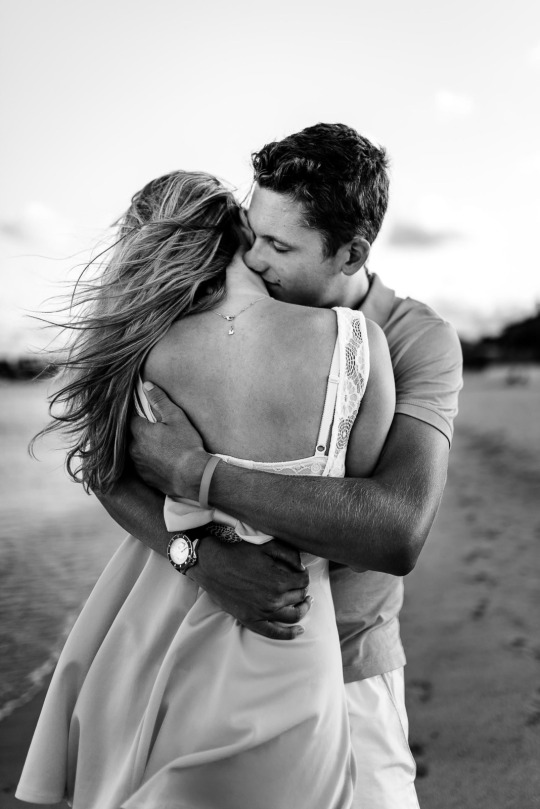
"In all of us there is a great feeling that gives the strength necessary to kindle love called embrace. The embrace is an emotion that manifests the soul and widens the heart".
— Juan Francisco Palencia
#attempt at poetic action.#juan francisco palencia#words from the bottom of the heart#reflexions of my life#feelings#spilled ink#from mexico to the universe#quotable quotes#writers on tumblr#love poem#embrace#poets on tumblr#writing#new poets society#life philosophy#impressions#she and me#contemporary philosophy portal#literary journey.#May my words accompany you.#love quote of the day#the same forever#poets corner
495 notes
·
View notes
Text
Jon's author diary - January 19, 2024 #amwriting
📚 Book Launch Update
The Fall of Wolfsbane is finally here!
The launch has been my primary focus, and it’s thrilling to see it come to life.
🐺 Progress on The Wolf and the Wyvern
Despite the busy launch week, I’ve made significant strides in redrafting The Wolf and the Wyvern.
This week involved redrafting a chapter, removing another, and crafting a new one.
I’m now just 8,000 words away…

View On WordPress
#author diary#Author Insights#author rest#book launch#creative collaboration#Creative writing#fantasy series#Gabrielle Zevin#gaming nostalgia#literary journey#new chapter writing#novel completion#novel redrafting#Ragnar&039;s arc#reader engagement#storytelling#The Fall of Wolfsbane#The Wolf and the Wyvern#Tomorrow and Tomorrow and Tomorrow#Writing Progress
0 notes
Text
i can't believe that as a ship armand/louis is almost fifty years old that's just insane to me what a delicious vintage
#i think sometimes i tend to lose the scope of how old these books are#not like 50 years ago is really long by literary standards but like anne was long enough for me to follow her on social media#and sometimes i forget that her writing journey started a couple decades before i was ever born#these ships are old man!#armand/louis#the vampire chronicles
34 notes
·
View notes
Text
Look, I understand people are upset about the end of Will and Elizabeth's arcs in the original Pirates of the Caribbean trilogy. I won't lie and say I didn't want to see some Will as the Dutchman's captain and some Pirate King Elizabeth BAMF on the high seas. I'm not even saying the writers are right... I'm just saying that the way they set up Will and Elizabeth's arc's, it makes sense.
They're tragic heroes: it's like John Proctor or Reverend Hale in the Crucible or Iron Man during the Infinity Saga or even Thackery Binx from Hocus Pocus. They're heroes working towards a noble goal, but they either can't obtain it or when they can, it doesn't go according to plan, and they have to make some sacrifices.
For Elizabeth it's a little more obvious. She's the girl who's trapped in her social status. In the first movie, her corset, a very real symbol of her status, literally suffocates her. It nearly kills her. Only once she sees the world of piracy and gets swept up in that world and allows herself to be changed by it does she see any smattering of freedom. Her whole goal is to get freedom, for her people (Port Royal) and her love (Will) in CotBP, even at the price of her own freedom (agreeing to marry Norrington if he saved Will). In DMC it's for herself (literally), Will again, and her father. That whole movie she is constantly fighting to keep herself and Will out of prison and danger. In AWE, she's fighting for her own freedom at times, but she soon finds herself the harbinger of freedom for a new golden age of piracy against Cutler Beckett and the East India Trading Co, who in the Pirates universe are canonically slave runners. She is searching for freedom in a very wide scope.
For Will, it's a little less obvious. He is also striving for freedom, but often not his own. He fights to help free Elizabeth during CotBP, and in DMC he's literally fighting to keep his own freedom and win the freedom of Elizabeth. Even when that means turning in a (sort of) friend (Jack). When he meets his father in DMC, his mission of freedom for those he loves expands in two parallel directions, Bootstrap tells Elizabeth as much in the brig of the Dutchman in AWE. The director and writers of AWE made that very clear in Elizabeth and Will's direction. One of my biggest pet peeves with that movie is the lack of a relationship between Will and Elizabeth, but it does make sense. It demonstrates Will's dilemma. His search for freedom is much more tangible, and on a very narrow scope. It also demonstrates Elizabeth's dilemma, where she feels that the freedom Will craves for his father will separate them for good. So, she turns to piracy, because freedom is all she has left by act II of AWE.
Both are searching for freedom, but both are tied down by duty. Elizabeth becomes the Pirate King, Will the Captain of the Dutchman. Both bound by their own duty, although the only duty we see them both bound too tangibly is Will's. Isn't it ironic that in the end, the choice to kill Davy Jones isn't Will's? Sure, it was his intention, but Jack wrapped his hand around the knife and dropped the hand that felled the heart. Jack - the pirate - an embodiment of freedom for both characters in CotBP (he saves Elizabeth from her corset and is the inciting incident into Will beginning his quest for Elizabeth) is the one who chains them to Will's curse? Narratively, it makes sense. Elizabeth has just become the free-est we've seen her in any of the movies (and I will die on this hill) and Will's only just literally been freed from the clutches of the EICo. And even if you did argue that Elizabeth still had her freedom as Pirate King, it can be easily argued that she lost her freedom the day she decided to keep and raise Henry. Both of them end up chained by Will's curse - one to land, one to the sea. All on their search for freedom. And Jack, that symbol of freedom (or rather, a symbol of piracy that for both characters ends up being a symbol of freedom), is the one who chains them to land or sea.
Now I am all for Henry, I actually think he had some great potential pre-Deppo-osition trial, and I think it speaks to Elizabeth's character that she was willing to wait and stayed on land for her child (who she easily could've taken her anger out on, though that doesn't appear to be the case). It can even be argued she stayed on land for Will to, as he gave her his heart to guard, a very fragile heart that if stabbed, ended her husband (this is one of the final demonstrations of their mended relationship, but that's a different topic for another time). Will got a very short stick in this fight, but Elizabeth got an equally short, if not shorter stick. Chained to the sea, destined to see your wife a max of seven more days before her death, and the reverse true for Elizabeth, instead she is arguably forced by society to keep and raise the boy who reminds her of the husband she'll never be sure she'll see again.
That's why William and Elizabeth Turner - The Captain of the Flying Dutchman and the Pirate King - are tragic heroes. In striving for freedom, they became trapped by duties, obligations, and burdens that they didn't even get a say in. In the end, not every happy ending is a good ending. And while the original Pirates trilogy didn't have a happy ending, it had a good one, as far as the narrative was concerned (Do I like this ending? Yes. Personally, I think it works and it gives me that kind-of-icky-kind-of-satisfying pit in my stomach that Hocus Pocus did back when there wasn't a sequel. Maybe it's not the ending everyone wanted, but for the story being told, it's the right one).
Thanks for coming to my little rant! I used to love doing these literary analysis essays in English my junior and senior years of high school. Over analyzing media, especially film and tv, is something I quiet enjoy. Plus, I might do a foray into video essays one day, so I figured I could use some practice. This is something that's been bouncing around in my head since I first watched AWE. The original Pirates Trilogy is just so good at symbolism, I'll probably put more stuff out here eventually raving about it. For now though, this is it.
#pirates of the caribbean#curse of the black pearl#dead man's chest#at worlds end#will turner#elizabeth swann#willabeth#willabeth is my otp#will turner x elizabeth swann#will x elizabeth#literary analysis#media analysis#tragic hero#heroes journey#it's just a little rant#a baby video essay script#and ity bity ted talk maybe?#i just couldn't keep this one in#couldn't help myself#ao3 author#jack sparrow
31 notes
·
View notes
Text
The Japanese Literature Podcast
I recently stumbled upon an incredible resource for all lovers of Japanese literature and culture: readjapaneseliterature.com. This podcast-cum—website is an absolute treasure trove of insightful articles, interviews, and even other podcasts that delve deep into the world of Japanese literature, showcasing its richness and diversity.
I can’t express enough how important it is to have champions…
View On WordPress
#Beyond The Canon#Broaden Your Horizons#Cultural Appreciation#Cultural Exchange#Diverse Voices#Embrace Diversity#Embrace World Literature#Enlightening Conversations#Expand Your Reading List#Global Literary Heritage#Inspiring Episodes#Japanese Literature Podcast#Literary Enthusiast#Literary exploration#Literary Journey#Literary Treasures#Podcast Recommendation#Rediscover Classics#Thought-provoking content#world literature
0 notes